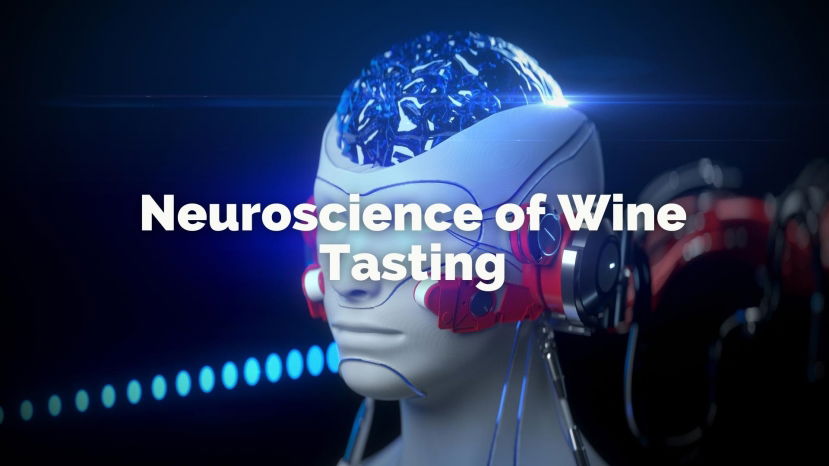BLOG
science
Summary Join Benoît Marsan PhD, Professor of Science and Wine at the Université du Québec à Montréal as he explores one of wines most crucial components - alcohol. Often over-simplified and regularly misunderstood, the affect of alcohol on our experience of tasting a wine as well as the stability of a wine should not be ignored. We're delighted to be able to offer such an insightful event from one of the world's leading experts on the subject, exclusively to
Summary: Your brain —and all its sensory extensions in our eyes, nose and mouth— is your essential “tool” to perceive, remember and judge all the sensory components of wine. But do you really know how your wine-tasting “tool” works? Current advances in neuroscience are profoundly modifying our knowledge of the sensory and cognitive mechanisms of wine tasting and invite us to revisit the art of tasting. Bridging the gap between oenology, psychology and neurophysiology,


